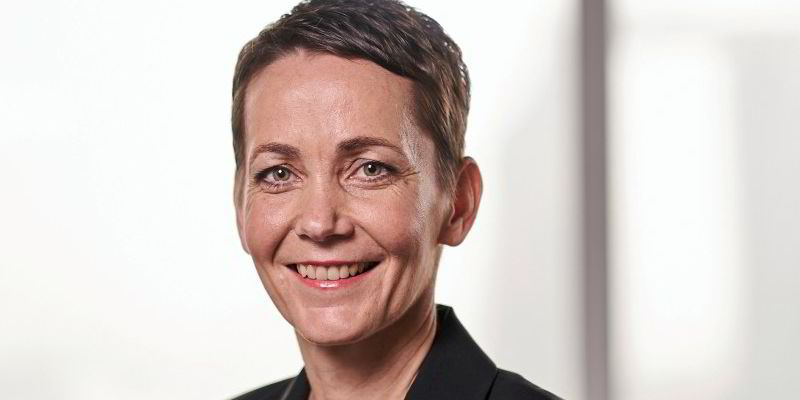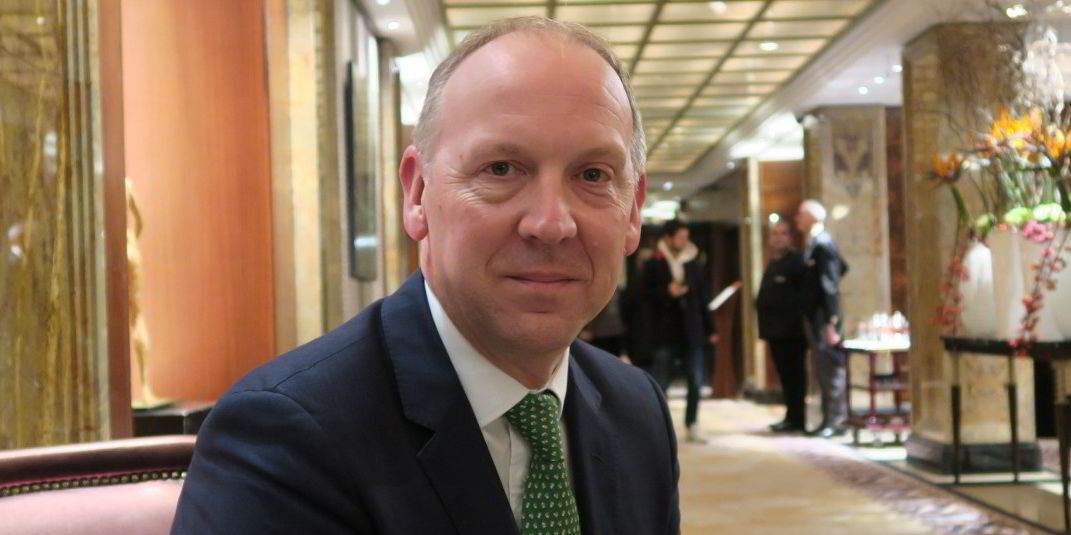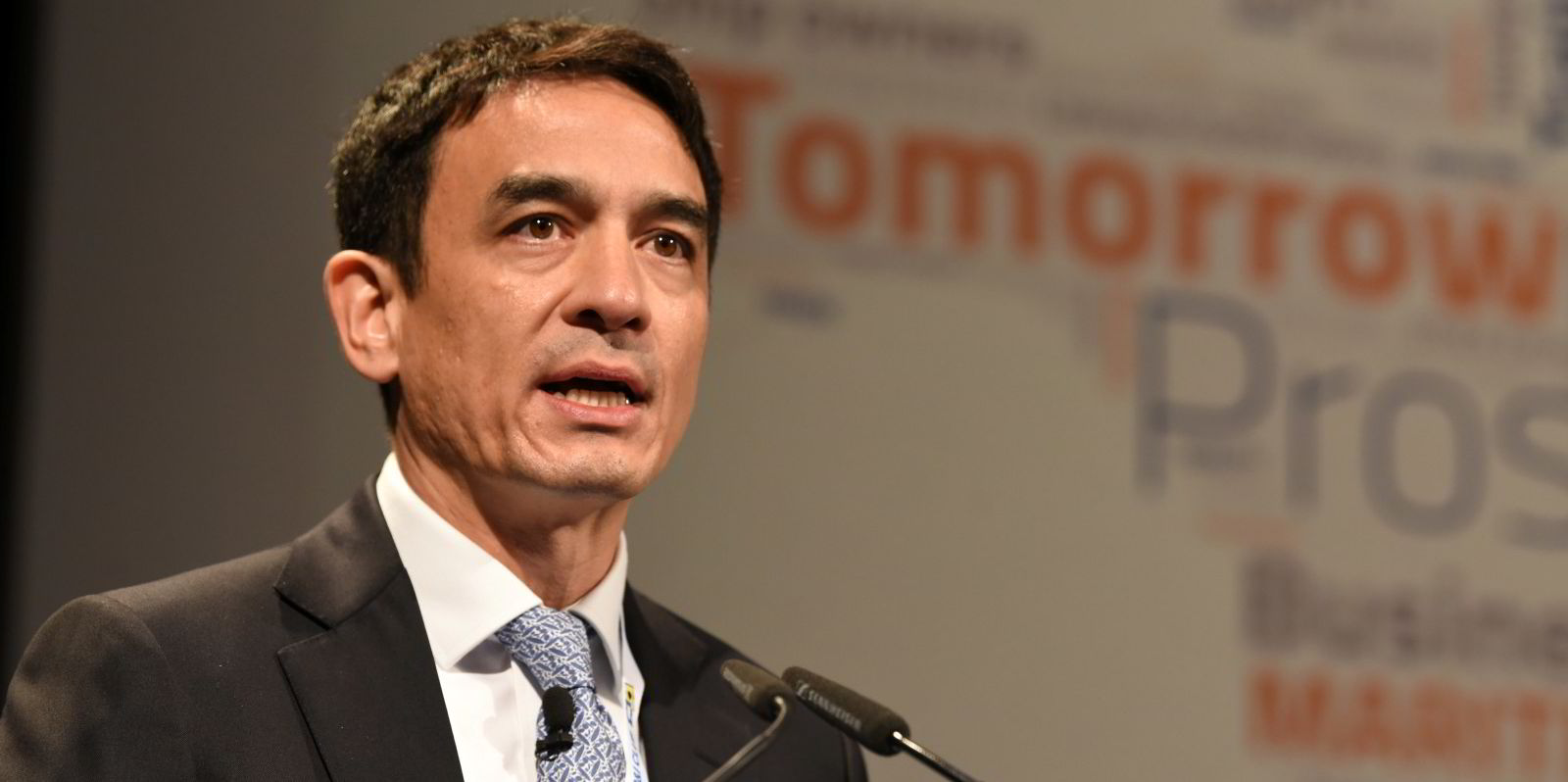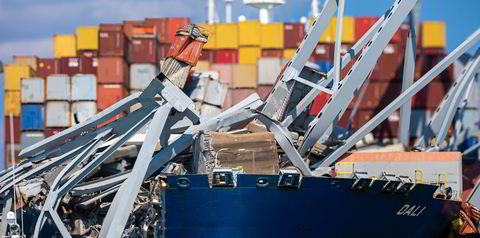Epic Gas is presenting a positive outlook for LPG seaborne trade growth in 2021, which should bode well for its finances, as the orderbook for small pressurised LPG carriers remains low.
The Singapore-headquartered company, which is majority-owned by the BW Group, said on Wednesday that trade growth volumes are forecast to rebound to 2.8%, while fleet growth is expected to come in lower at 2.3%.
“The LPG market remains optimistic as demand is looking good,” chief financial officer Uta Urbaniak-Sage told TradeWinds.
She said the main demand for LPG comes from the residential sector, where it is one of the primary fuels for cooking and heating.
“That hasn’t shut down. Covid-19 hasn’t impacted demand, but it has created operational challenges,” she added.
Epic revealed on Thursday that it had made a net profit of $5.9m in its 2020 financial year, as opposed to a $5.7m loss in 2019.
Revenue came in at $183.5m, up from $170.6m.

Chief executive Charles Maltby noted that Covid-19 led to increased operational expenses, driven by efforts to deploy and repatriate seafarers, and increased freight forwarding costs for spares.
“A secondary impact has been increased off-hire for our fleet as we position vessels to facilitate crew changes and work to catch up on deferred scheduled dry-docks from the second quarter,” he explained.
Maltby said vessel operational costs increased by 13.5% or $547 per calendar day during the second quarter.
“We expect challenges to remain with us into 2021. Our strategy remains to further improve our earnings potential, reduce our costs, increase our efficiency including through investment in digitalisation, and work towards the IMO initiatives for 2030,” he said.
“The IMO has recently agreed to mandating a 40% reduction in carbon intensity by 2030 as compared to 2008, and with our current fleet and capex investment programme, we anticipate our combined emission reduction being in excess of 40% within this year, but will be seeking further improvements on a vessel by vessel basis.”
Epic Gas has a fleet of 42 LPG carriers with capacities ranging from 3,500 cbm to 11,000 cbm. Another newbuilding will join the fleet this year.
However, a merger with Lauritzen Kosan that is scheduled to be completed by the end of the first quarter will create BW Epic Kosan, a major operator of small LPG and chemical carriers with a fleet of 77 vessels.






